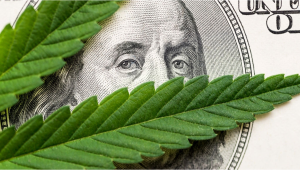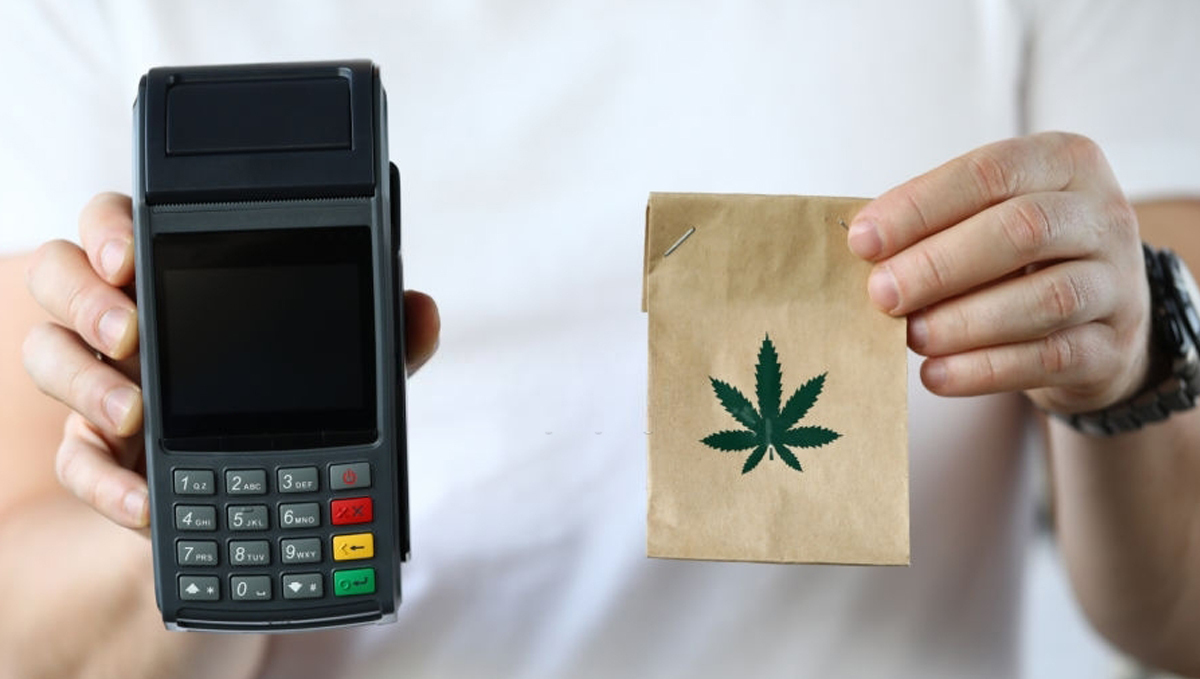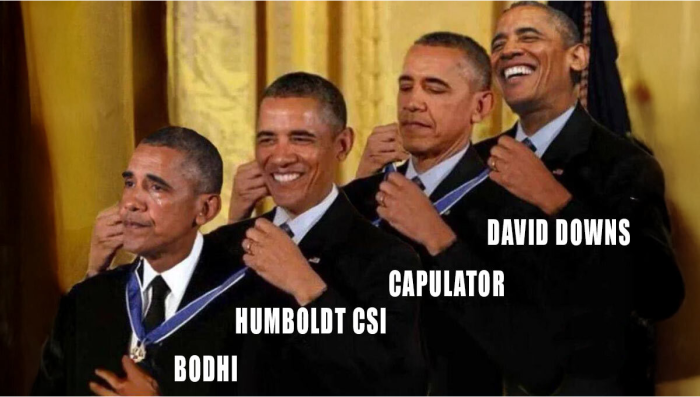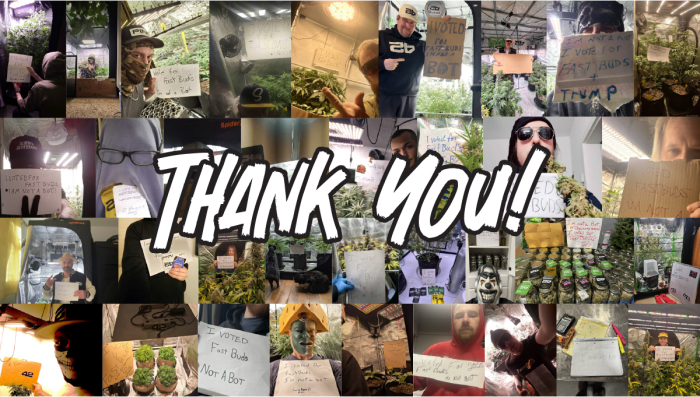Visa Closes a Loophole That Allows Buying Weed With a Bank Card

In trying to distance itself from the cannabis industry, Visa has sent out a memo prohibiting the use of so-called cashless ATMs in thousands of medical and recreational dispensaries across the US.
A cashless ATM means that buyers can pay with their debit cards but only in rounded-up numbers, and they get the change from the register if the sum of the purchase isn’t round. It’s roughly analogous to simple cash withdrawal and one of the “clever” ways by which financial startups try to solve one of the biggest problems of the sector—that it’s denied standard financial services available to everybody else.
Going Creative With Payment Methods
According to Akerna, a Denver-based company providing point-of-sale services to the industry, about half of 7,000 weed stores in the US use cashless ATMs.
The reason that buyers can’t pay the same way as in any regular shop is the illegal status of cannabis at the federal level. Financial institutions are afraid to run afoul of federal law and refuse to work with the state-legal marijuana businesses. And this situation leaves cash as the only viable option, exposing the industry to all the risks associated with it.
The sector can generate as much as $25 billion this year which means that literally tons of cash get accumulated in retailers and transported in armored trucks. Not surprisingly, this is a very attractive target for criminal gangs. For example, Oakland, California, reported at least 20 dispensary break-ins since mid-November.
The situation leads to the emergence of several workaround cashless solutions, but each of them means breaking the law in one way or another.

Federal Reform Urgently Needed
One can hardly blame Visa for its recent “posterior protection” measures. After all, providing financial services to a cannabis business means participation in drug trafficking (if you view it from the federal point of view).
The cannabis industry considers it one of its greatest risks and impediments to future growth. It has actively lobbied for the legislation that would make it legal for banks to work with the sector—the so-called SAFE Banking Act. It has been approved by Congress five times, but each time rejected by the Senate.
An even more effective measure would be to remove cannabis from the list of federally banned substances altogether. A bill to this effect is also considered by lawmakers and even enjoys bipartisan support. If it passes, the “green wave” in the US and, arguably, in the rest of the world will become unstoppable.









Comments